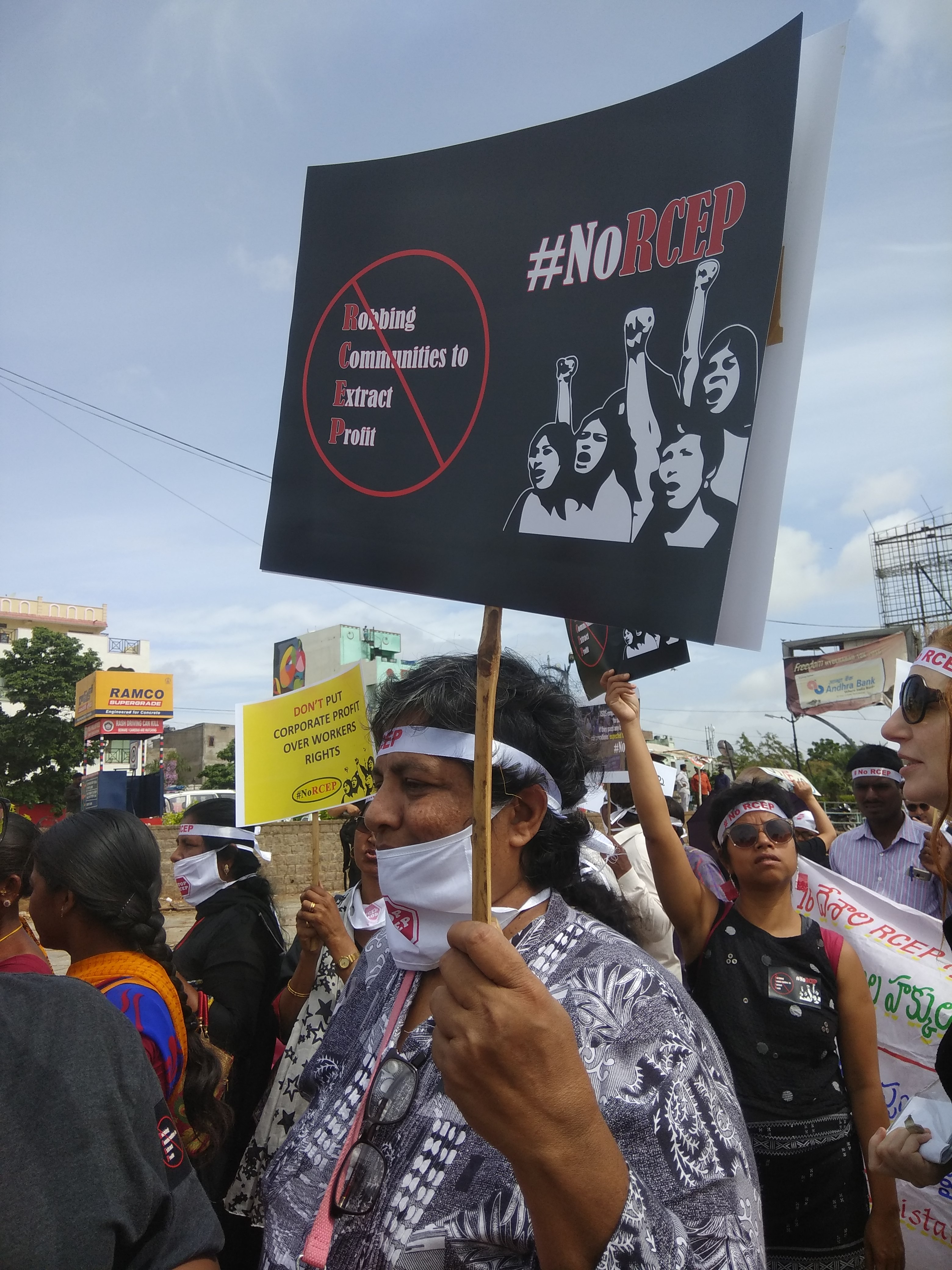Civil society groups, trade experts flag concerns on RCEP
PTI | 11 September 2017
Civil society groups, trade experts flag concerns on RCEP
Certain sections of civil society groups and trade experts today raised questions on the impact of the proposed mega agreement RCEP on domestic manufacturing and services sectors.
The Regional Comprehensive Economic Partnership (RCEP) is a mega trade pact among 16 countries that aims to cover goods, services, investments, economic and technical cooperation, competition and intellectual property rights.
"Elimination of taxes on goods would impact our manufacturing sector. Serious concerns have been raised by some industries. The government has to really dig in its heels and not get into such type of commitments which can impact our industries," trade expert and professor at the Jawaharlal Nehru University Biswajit Dhar told reporters here.
In the services sector too, he observed, India would not get much from this agreement as there is no appetite for liberalisation of norms for movement of professionals, a key area of interest for India.
He suggested that the government must ensure interests of the domestic industry must be safeguarded.
Ravindra Gupta of All India Bank Officers Confederation agreed, saying India should not allow banks from China, Australia or Japan to open bank branches here as they would not cater to masses.
"We oppose any kind of opening of bank branches by these countries. They will only cater to classes," Gupta said.
Dharmendra Kumar, from India FDI Watch, said Japan and Indonesia are pressurising India to further open its retail sector in the negotiations.
"The government should not liberalise norms in retail as it would impact livelihood of millions of small traders," he said.
Ranja Sengupta of Third World Network opined that RCEP would have a serious impact on agri, dairy, plantations and pharma sectors. "With China as a prime partner in the RCEP, the threat to Indian industry is obvious," she said.
According to Ashim Roy of New Trade Union Initiative, the trade pact is being negotiated to increase the corporate power and foreign investment protection.
"RCEP members should also talk about harmonisation of wages. MNCs only want access to cheap labour and resources," he added.
The 16-member bloc RCEP comprises 10 ASEAN members (Brunei, Cambodia, Indonesia, Malaysia, Myanmar, Singapore, Thailand, the Philippines, Laos and Vietnam) and their six FTA partners - India, China, Japan, South Korea, Australia and New Zealand.






